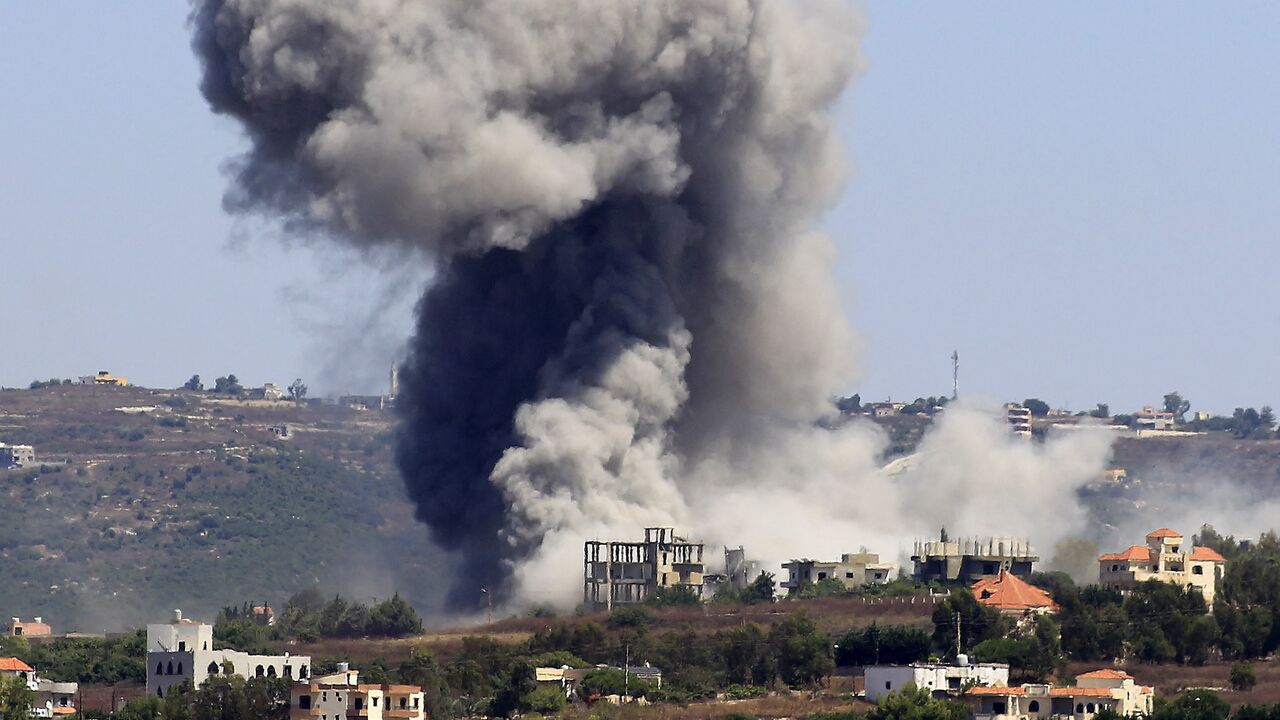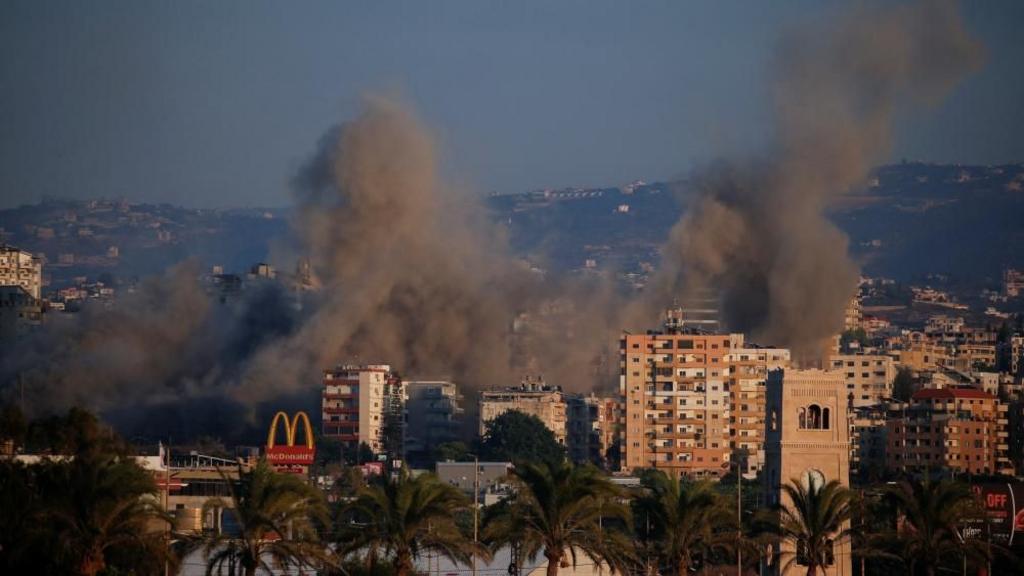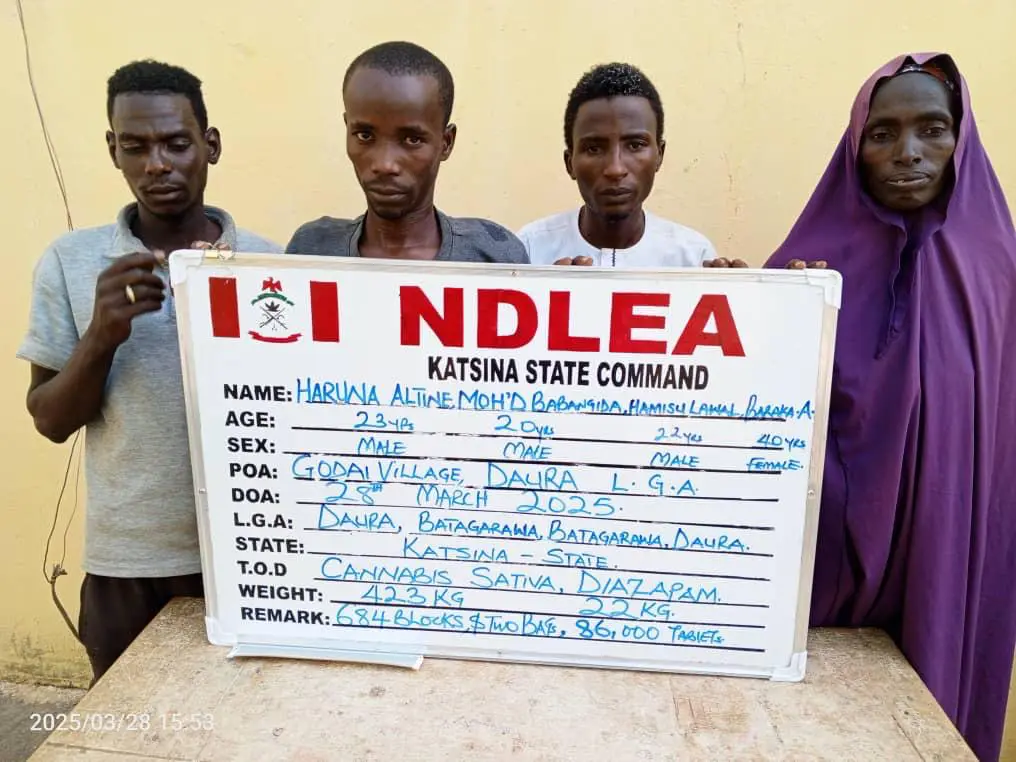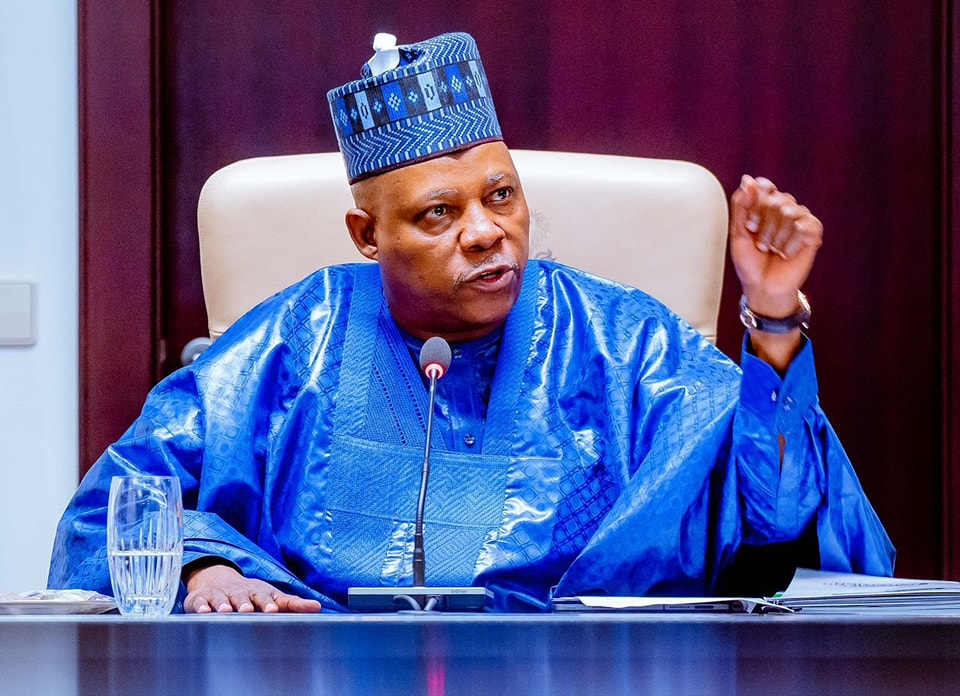Escalation Along the Lebanon-Israel Border
The fragile ceasefire between Israel and Hezbollah faced renewed strain on Friday as the Israeli military launched airstrikes on south Lebanon following the interception of rockets fired from Lebanese territory. The Iranian-backed militant group Hezbollah denied responsibility for the attack, accusing Israel of creating pretexts to justify continued military operations in Lebanon.
The incident threatens to unravel the November 2023 truce that halted a year-long conflict between the two sides—a spillover from the Israel-Hamas war in Gaza. With both parties trading blame, fears of a broader regional escalation are mounting.
Key Developments
- Rocket Fire & Israeli Retaliation:
- Israel’s Iron Dome intercepted at least one rocket fired from Lebanon into northern Galilee.
- A second rocket reportedly landed inside Israeli territory.
- The IDF responded with artillery and airstrikes targeting Hezbollah positions in south Lebanon.
- Hezbollah’s Denial:
- The group insisted it had no involvement in Friday’s rocket launches.
- Hezbollah claims Israel is fabricating incidents to justify further attacks.
- Ceasefire Violations:
- The truce, brokered in November, required:
- Hezbollah to withdraw weapons from south Lebanon.
- Israel to pull back ground forces.
- The Lebanese army to deploy and disarm militants in the region.
- Both sides accuse each other of failing to comply with the agreement.
- The truce, brokered in November, required:

Political Fallout
- Israel’s Stance:
Defense Minister Israel Katz warned, “We will ensure the security of Galilee and act forcefully against any threat.”
Israel holds Lebanon’s government responsible for militant activity near its border. - Hezbollah’s Response:
The group maintains it remains committed to the ceasefire but accuses Israel of violating Lebanese sovereignty with continued airstrikes and troop deployments. - Lebanon’s Dilemma:
The Lebanese government, already grappling with economic collapse, faces pressure to rein in Hezbollah while avoiding another devastating conflict with Israel.
Broader Implications
- Gaza War Spillover:
The flare-up coincides with Israel’s renewed offensive in Gaza after ceasefire talks with Hamas collapsed. - Regional Instability:
Any sustained fighting risks dragging in Iran, Hezbollah’s main backer, and reigniting a wider Middle East conflict. - Human Cost:
Previous exchanges have killed hundreds in Lebanon and Israel, displaced tens of thousands, and devastated border villages.
A Fragile Peace Hangs in the Balance
With trust eroding and violations escalating, the Israel-Hezbollah truce appears increasingly precarious. As both sides brace for potential conflict, the international community faces a critical test in preventing another regional war.
For now, the people of south Lebanon and northern Israel remain caught in the middle—hoping for peace but preparing for the worst.
















Got a Questions?
Find us on Socials or Contact us and we’ll get back to you as soon as possible.